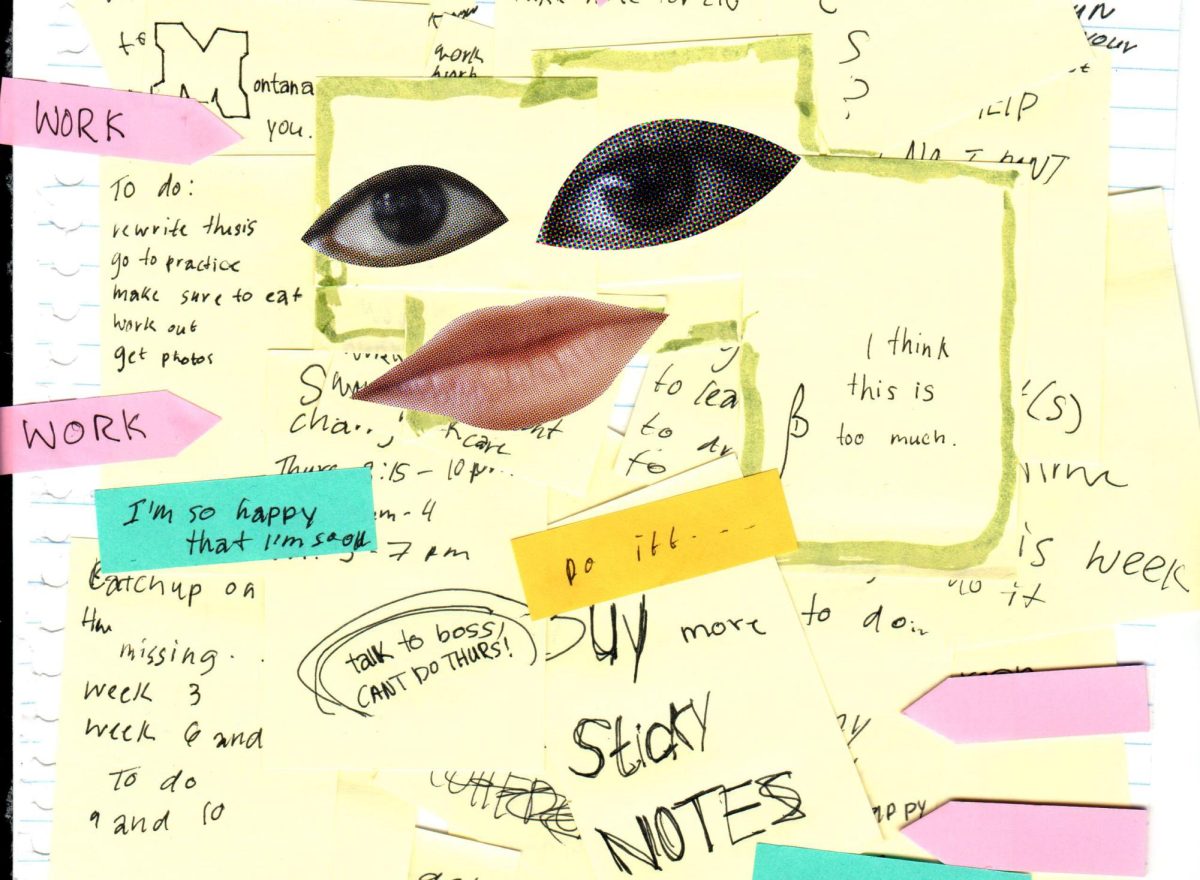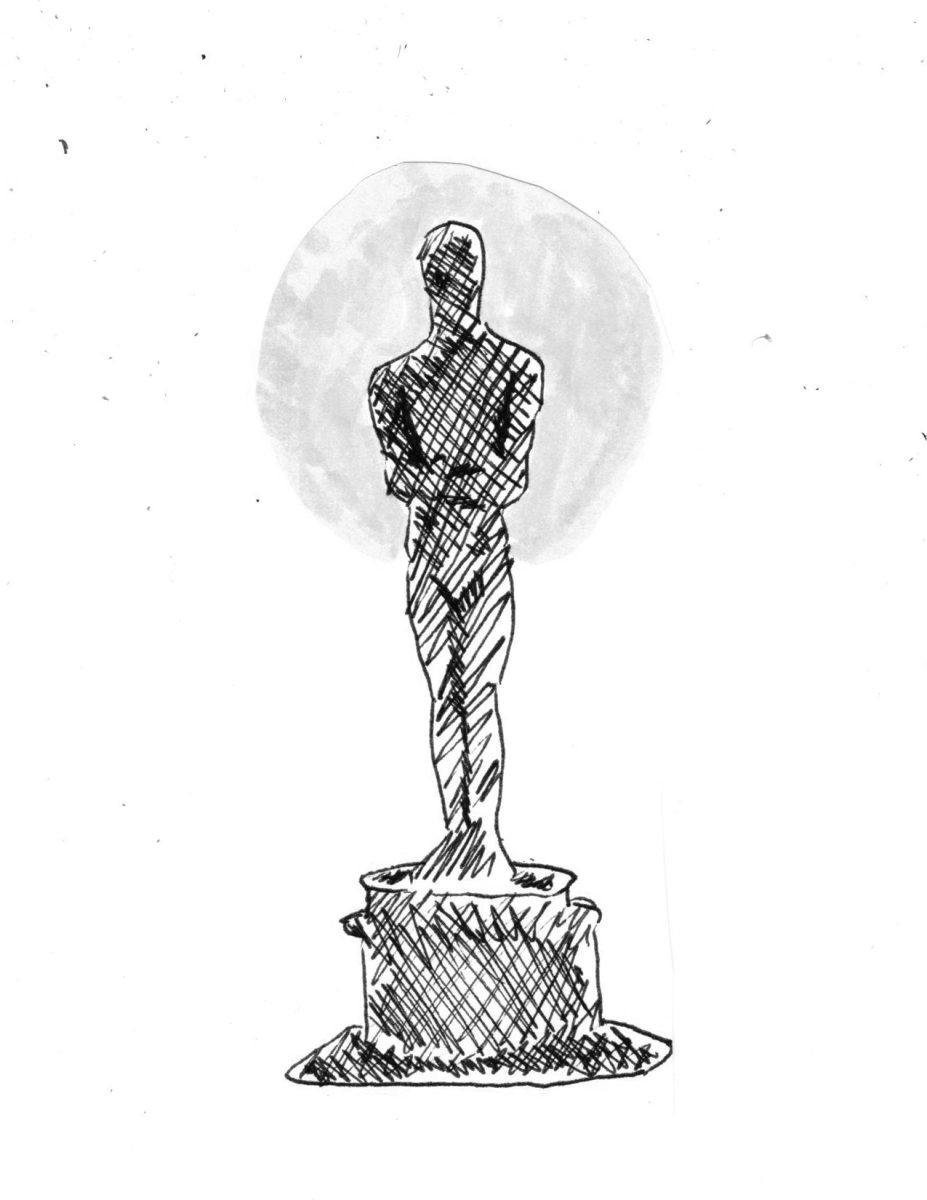This album kind of sucks. As a preface, I’m a Swiftie, and have enjoyed all iterations of her music since the release of Red in 2012. From her country roots on her debut album to her synth pop extravaganza on Midnights, I’ve listened to it all and found a favorite in every release. That remained true up until April 19, when Swift released her 11th studio album The Tortured Poets Department, henceforth known as TTPD.
Much like the title suggests, the 16 songs on the base album, and the 15 that follow on the 2AM double album release, are defined by torture. If I could give the album one main praise, it would be the enticing lyrics that Swift has proven herself countless times that she can deliver. Most of the main highlights are found in TTPD: The Anthology, with songs such as The Albatross delving into the horrific light the media has painted Swift in and the mark she has left on both the media and the music industry. Similarly, The Prophecy hones in on the imperfections of fame that have haunted Swift’s life and the mistakes she has made in the spotlight. The second verse sticks out in the lyrical sense, with “Slow is the quicksand, poison blood from the wound of the pricked hand” standing out to me as a perfect composition of the album as a whole.
Religious imagery is another common motif throughout Swift’s lyrics, with the first album track Guilty As Sin? taking center stage. The song gave way to controversy stemming from parts of the christian community, attributing certain lyrics as sacrilegious and indecent, despite Swift herself presenting as christian for much of her life and to this day.
Though her lyrics, almost all self-written by Swift and her producers, provide a fascinating look into Swift’s mind, there are many times on TTPD where the lyrics fall flat. The jarring football references in The Alchemy as an homage to her current boyfriend and Kansas City Chiefs tight end Travis Kelce come off as extremely cringeworthy. The attempted comedy in But Daddy I Love Him and I Hate It Here acted as entertainment for the listeners, but ruined the ability to go back in depth on the songs. However, the occasional fault in lyrics is not what ruins a majority of the songs on the album, but a man in round glasses by the name of Jack Antonoff.
In her final track of the base album Midnights, the song Mastermind had a very specific beat and synth pop feel. People soon recognized this specific production in the 1989 vault track, Suburban Legends. If that didn’t prove it enough, the entirety of the first half of TTPD showed us that Antonoff refuses to let go of the basic synth pop beat. When I first listened to the first three songs of the album, I hardly noticed a change. Not a guitar can be heard nor a note on piano that isn’t the sound of an electric synth. The drum beats are all a basic high hat and a bass drum, with barely any snare thrown in.
Songs produced by Swift’s other partner, Aaron Dessner of The National, are frequent favorites among her fanbase and myself. Dessner, who is credited on most of the songs on The Anthology, brings a certain musical element à la her previous albums folklore and evermore. Dessner’s production is filled with acoustics that bring the melody for Swift’s voice to follow, whereas Antonoff’s production relies on Swift’s voice to guide the song. With a combination of lackluster lyrics, simple melodies, and repetitive sounds, TTPD has instilled itself in Swift’s discography as the weakest album of the bunch.











